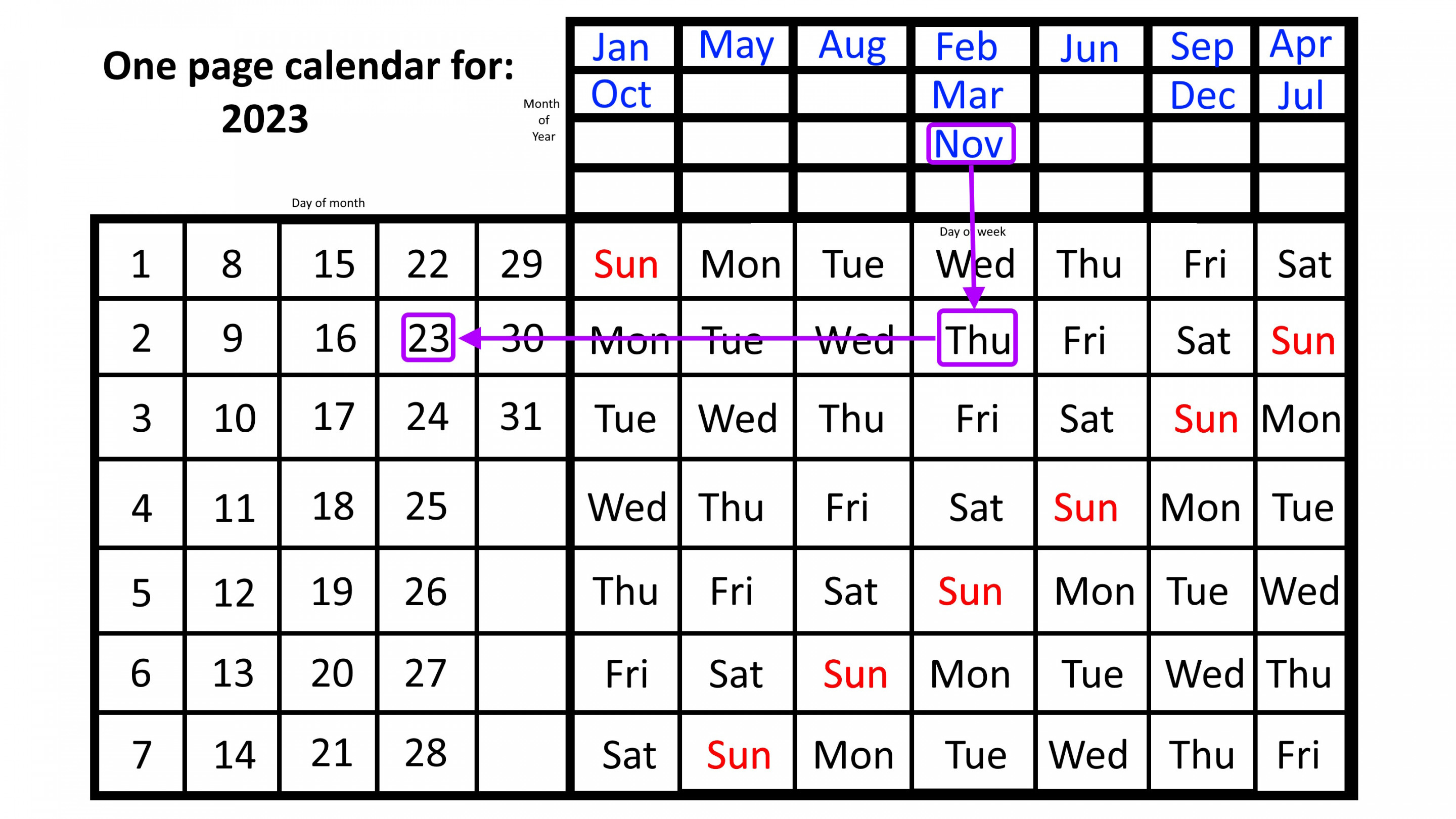That historic income tax cut has yet to provide economic growth that supporters predicted
Gov. Tate Reeves and legislative leaders, especially House Speaker Philip Gunn, did a lot of chest thumping with the passage of a personal income tax cut in 2022.

The tax cut appears to be doing what was projected, at least in terms of generating less revenue to fund the state’s vital services.
Through nine months of calendar year 2023 — the first year of the phase-in of that much ballyhooed tax cut — the state has collected $276.9 million less in personal income taxes than were collected during the same period in 2022.

In 2022, the tax cut was touted as the largest in state history: a $525 million cut in the personal income tax over a four-year period. Based on tax collections during the first nine months of the phase in of the tax cut, it appears that the impact on state revenue might be more than the estimated $525 million.
The only problem with the tax cut at the time of passage, Reeves and Gunn argued, was that it was not big enough. They wanted the total elimination of the income tax, which accounts for about one-third of the total state general fund revenue. Some, most notably Lt. Gov. Delbert Hosemann and Senate Finance Committee Chair Josh Harkins, successfully resisted efforts to eliminate the tax.

Granted, other factors might be contributing to the reduction in income tax cut revenue this year. But with record unemployment, which Reeves also likes to tout, and personal income growth that has occurred not only in Mississippi but nationwide, it is difficult to think of many reasons other than the 2022 income tax cut as the reason for the decrease in income tax collections.
Even as that massive tax cut is being phased in, the two candidates for governor, the incumbent Reeves and Democratic challenger Brandon Presley, already are proposing more tax cuts. Reeves still wants to phase in a complete elimination of the income tax, an estimated cost of $2 billion annually in today’s dollars. Presley wants to eliminate or reduce the 7% sales tax on groceries, which is the nation’s highest statewide sales tax on food. Research in 2019 by the campaign of Jim Hood, the unsuccessful Democratic candidate for governor that year, estimated that the complete elimination of the grocery tax would cost the state $327 million annually.

As the state approaches the Nov. 7 general election, perhaps a closer examination of the 2022 tax cut is warranted.
Leading up to the 2022 tax cut, Reeves and Gunn argued that cuts in the personal income tax would result in more and not less state revenue. They contended Mississippians would use the money from their tax cuts to buy items, thus resulting in more state revenue from the 7% sales tax.
Through nine months of the phase-in of the tax cut, it does not appear that is happening. While the state has collected $276.9 million less in income tax revenue than was collected during the same time in 2022, only $83.3 million more in sales tax revenue has been garnered. That is a net loss of nearly $200 million in revenue for calendar year 2023, based on a compilation of the monthly revenue reports from the Legislative Budget Committee staff.
If that trend continues, at some point the next governor and Legislature will be grappling with where to make budget cuts.
According to reports published by the University Research Center in 2021 and 2022, the more effective way to grow state revenue, the economy and the state population is by expanding Medicaid instead of by cutting taxes.
Comparing the numbers from two separate reports, expanding Medicaid — which would result in significantly more than $1 billion annually from the federal government to provide health insurance to primarily the working poor — would have a much greater impact in Mississippi than eliminating the income tax. It should be pointed out the study at the time specifically probed a House plan being considered to not only eliminate the income tax cut but also reduce the grocery tax and car tags while increasing the sales tax on other items.
Expanding Medicaid would result in higher wage growth, more state revenue, a stronger economy and even more population growth, based on a comparison of the two University Research Center reports.
Just looking at jobs and wage growth by comparing the two reports, by the fourth year of Medicaid expansion, 11,081 jobs with an additional $812.4 million in personal income would be generated. For the tax cut plan, 1,815 new jobs and an additional $85.8 million in personal income would be generated.
As often has been reported, Reeves touts he is a numbers guy. Those are the numbers. You deserve answers. We work to find them.
We work to provide free, accessible news for everyone to create a more informed Mississippi and hold public officials accountable. As a nonprofit, your support is what powers our work. Create a recurring donation today to join our mission.
Republish This Story
Republish our articles for free, online or in print, under a Creative Commons license.

